Vintage Innovation: Towards building the evidence for broader use of bacteriophages from an AMR One Health perspective
Antimicrobial resistance (AMR) poses a significant global health threat, leading to increased morbidity, mortality, and healthcare costs. Addressing AMR requires a multifaceted approach that considers human, animal, and environmental health – known as the One Health approach. Bacteriophages (phages), viruses that infect and kill bacteria, offer a promising alternative or adjunct to traditional antibiotics. However, the potential broader adoption of phage therapy requires robust evidence to support its efficacy, safety, and feasibility across One Health sectors. The eastern part of the WHO European Region has a longstanding history and extensive experience with phage therapy, with Georgia’s Eliava Institute serving as the world’s oldest center for phage research and application. This webinar series, led by WHO Europe in collaboration with the Global AMR R&D Hub, aims to accelerate evidence development to progress towards the application of phages within the One Health framework. This last webinar in a series of three will focus on the opportunities and challenges facing the application of phages for environmental health.
Objectives:
- Explore the current state of knowledge and evidence gaps regarding the use of bacteriophages for environmental applications
- Discuss the challenges and opportunities associated with the broader use of phage in environmental health settings
- Identify strategies for building the evidence base to support the broader use of bacteriophages as a tool in the fight against AMR.
Speakers:
- Dr Alison Blackwell (APS Biocontrol Ltd, United Kingdom)
- Prof Carles Borrego (ICRA, Spain)
- Guga Kashibadze (Tbilisi Burns Center, Georgia)
- Prof James Ebdon (University of Brighton, United Kingdom)
- Dr Gregorio Iraola (Kinzbio, Uruguay)
Moderator:
Dr. Gregorio Iraola, Kinzbio, Uruguay




